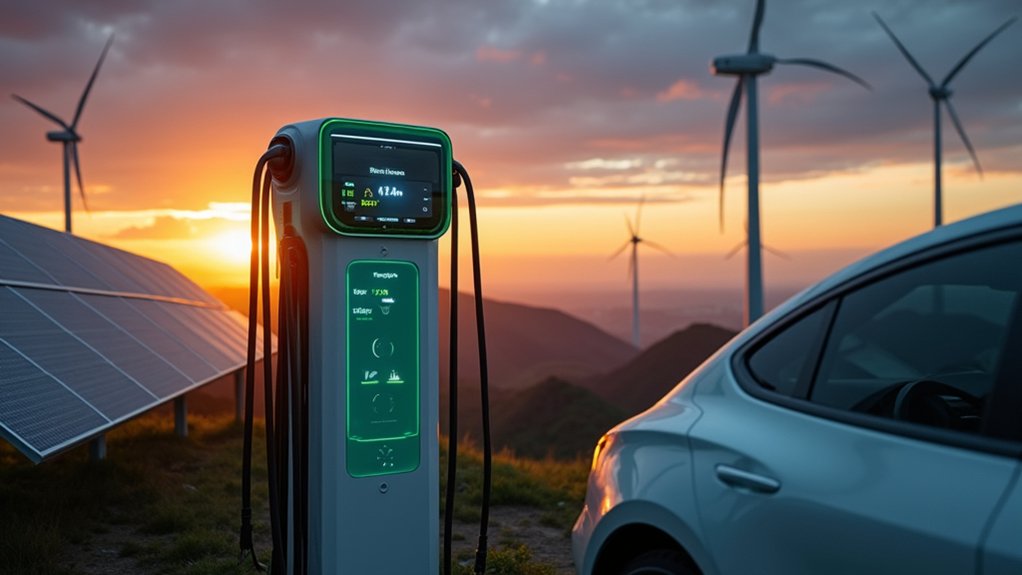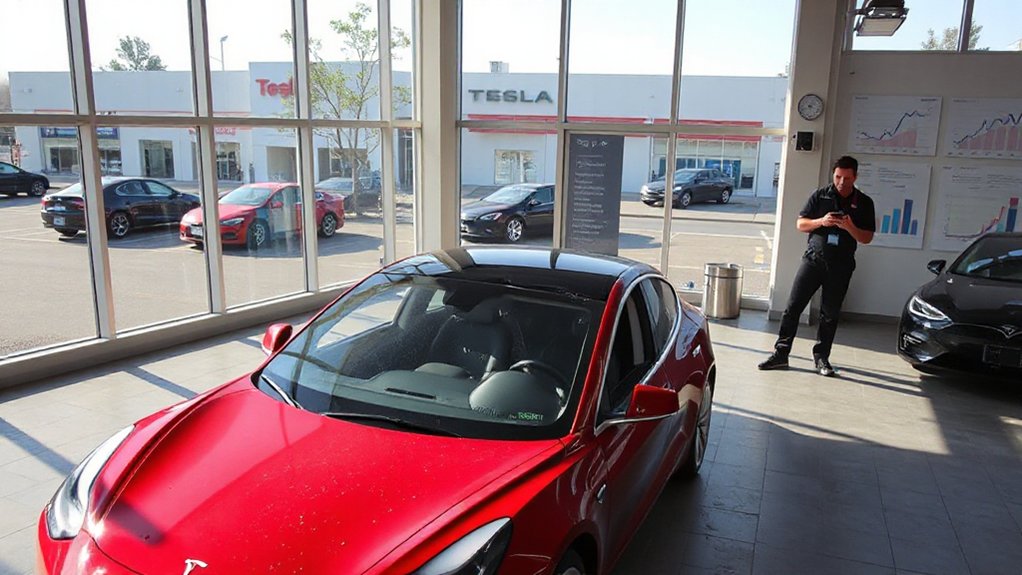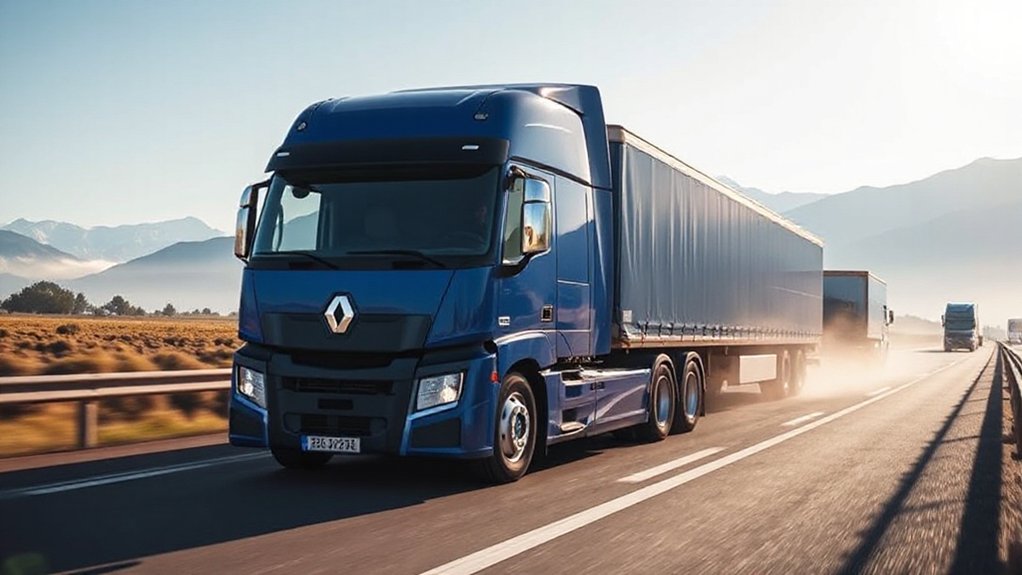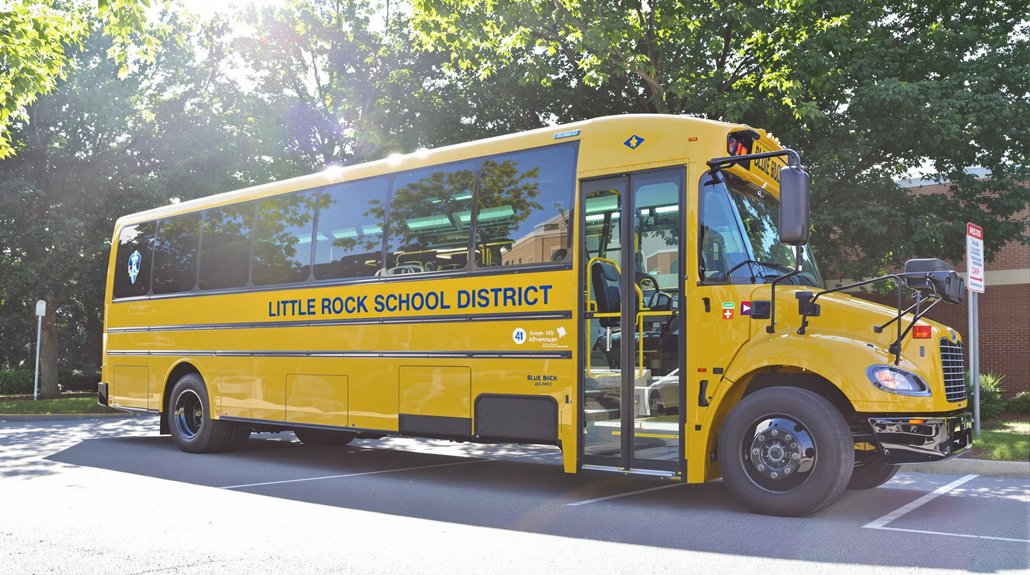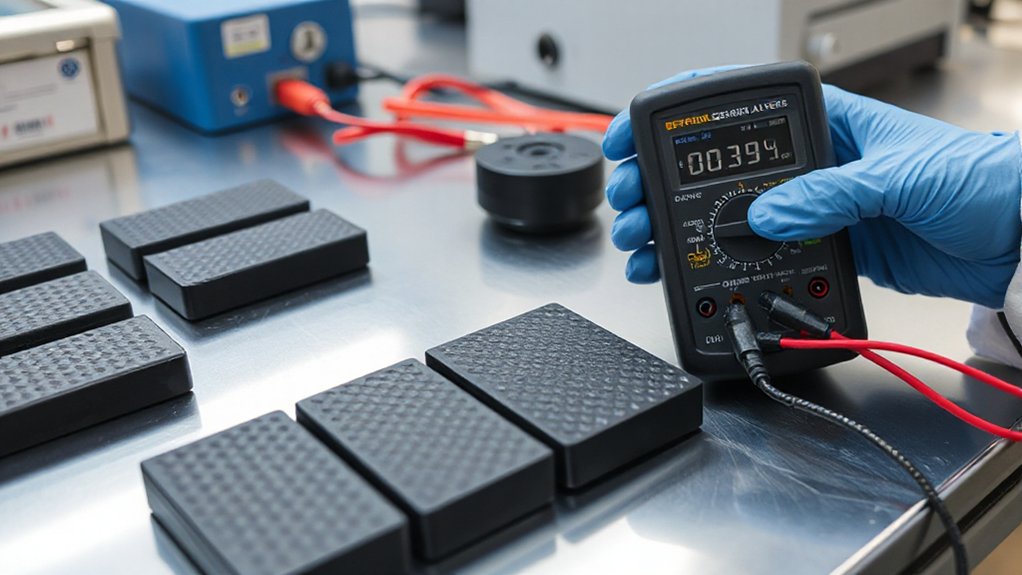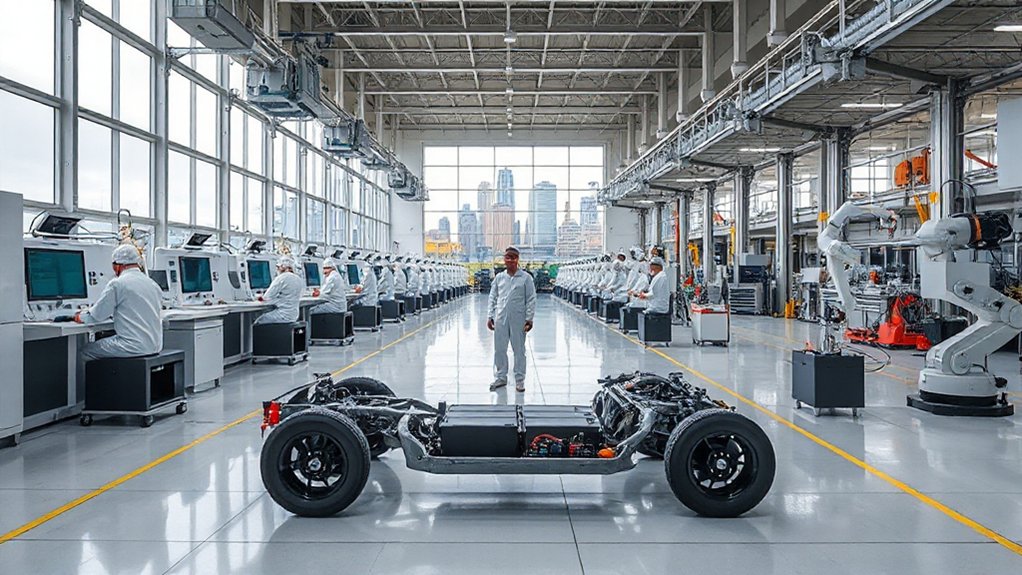Huawei’s making bold moves in Brazil, launching the country’s first ultra-fast EV charging system. Pretty impressive stuff—five minutes gets you 200km of range. They’ve partnered with Matrix Energia and HDT, clearly not messing around. With one station charging twelve vehicles simultaneously, they’re solving the wait-time headache. Fourteen Chinese automakers already operate there, all using Huawei tech. São Paulo’s fleet electrification plans suggest this is just the beginning of Huawei’s energy transformation.
While most tech companies are busy hyping up AI chatbots, Huawei is making actual moves in Brazil’s electric vehicle market. The Chinese tech giant is introducing the country’s first ultra-fast charging system for electric vehicles and trucks. Not just fancy tech for show—this system delivers 200 kilometers of range after just five minutes of charging. That’s game-changing speed in a market hungry for EV solutions.
Brazil’s energy storage sector is the target, and Huawei isn’t waiting around. The country’s first battery auction is expected later this year, and Huawei wants in. They’ve already partnered with Matrix Energia and HDT to develop the charging infrastructure. Smart move.
The system isn’t just fast—it’s efficient. One charging station can support up to 12 vehicles simultaneously. No more waiting in line for hours. Huawei’s storage batteries are versatile too, storing energy from solar, wind, and thermal sources. This isn’t your grandpa’s charging station.
Fourteen Chinese automakers already operate in Brazil, including BYD, GWM, and Aito. They all use Huawei’s technologies in their vehicles. Talk about market penetration.
Quality matters in this industry. Gone are the days of one-size-fits-all subsidies. The sector is consolidating fast, with many charger enterprises folding. Huawei’s ramping up R&D investment to stay ahead. They have to—the competition isn’t messing around.
Brazil’s EV market is primed for growth. São Paulo is pushing to electrify public and private fleets. Huawei recognizes the importance of collaboration between sectors to build robust charging infrastructure that meets diverse commercial and residential needs. Minister Alexandre Silveira is actively prioritizing energy storage initiatives to support this transformation. Globally, EV charging demand is expected to increase eight-fold over the next decade, with EV numbers reaching 480 million in ten years. That’s a lot of plugs.
Huawei’s Brazil play represents a smart diversification beyond its traditional telecom roots. Their infrastructure leverages digital power and smart energy storage technologies, supporting renewables and grid balancing for 24-hour operation. This approach aligns with the global trend where renewable sources now power nearly 30% of electricity worldwide. It’s not just about charging cars—it’s about reshaping Brazil’s energy future.
References
- https://www.intellinews.com/huawei-expands-into-brazil-s-energy-storage-market-377724/
- https://latamobility.com/en/autel-enel-x-huawei-voltbras-and-weg-discuss-challenges-for-charging-infrastructure-in-brazil/
- https://digitalpower.huawei.com/en/activity/news/detail/2173.html
- https://digitalpower.huawei.com/en/smartchargingnetwork/news/detail/3053.html
- https://digitalpower.huawei.com/en/activity/detail/smart-charging-network-trends-2025.html
